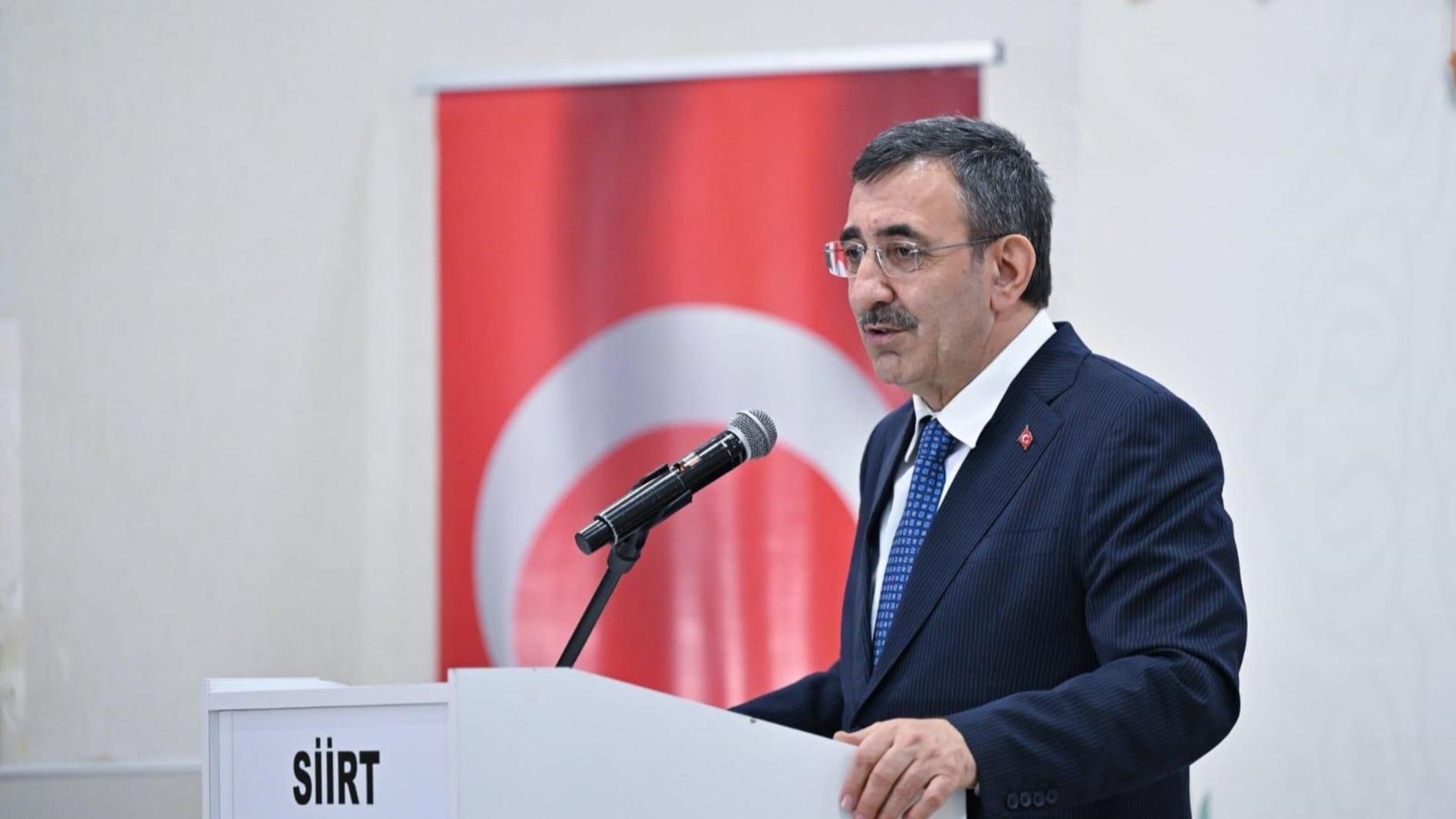
The main policy framework will not change, and the main objectives will be preserved when the medium-term program is updated in September, Vice President Cevdet Yılmaz has said.
Reducing inflation, ensuring price stability, maintaining growth and employment while healing the wounds of the earthquakes will be the government’s target in the medium-term program, which will cover the period of 2025-2027, Yılmaz said in an interview with private broadcaster Habertürk.
The 2025 budget will be based on the updated program, which is likely to be unveiled in the first week of September, he added.
Updates on inflation and monetary policies will be made in the medium-term program in dialogue and cooperation with the Central Bank, Yılmaz said.
“We will revise our inflation forecasts by taking into account the picture that will emerge until September, as well as expectations, technical analyses of Central Bank and other institutions,” he furthered.
The vice president recalled that the annual inflation is projected to be 14 percent in 2025 and said: “The Central Bank will be consulted about this projection in the new program.”
“We identified three phases regarding inflation. These are the transition, disinflation, and permanent price stability periods. We believe we completed the transition phase in June,” he said.
The disinflation process began in June, he added.
Monthly inflation may pick up in July due to the price increases in electricity and fuel, according to Yılmaz.
“Despite this, we expect the annual inflation to come in at around low-60s [in July]…We forecast annual inflation to fall further around 40 percent in September,” he said.
The annual inflation rate eased from 75.45 percent in May to 71.6 percent in June, with consumer prices rising 1.64 percent monthly.
The permanent price stability could be achieved in 2026, according to Yılmaz.
'Resilient economy'
Under the new economic program, Türkiye is rebalancing its economy, inflation is decreasing, and the current account deficit is dropping to more sustainable levels, Bank of America (BofA) said in a recent report.
“The shift towards orthodox policies has created an idiosyncratic story within Emerging Markets which could be quite resilient to most global shocks,” it added.
If U.S. policy shifts after the elections in a way that lowers oil prices globally, both inflation and the current account could be positively impacted, BofA analysts argued.
In case of a shift towards more global protectionism, Türkiye will be less impacted by an increase in tariffs relative to EM, as the U.S. share of exports is only 6 percent, they noted.
“Under the current financial stability program, we think it is likely that Türkiye will be in a better position to receive Foreign Direct Investment in the medium term,” they said.